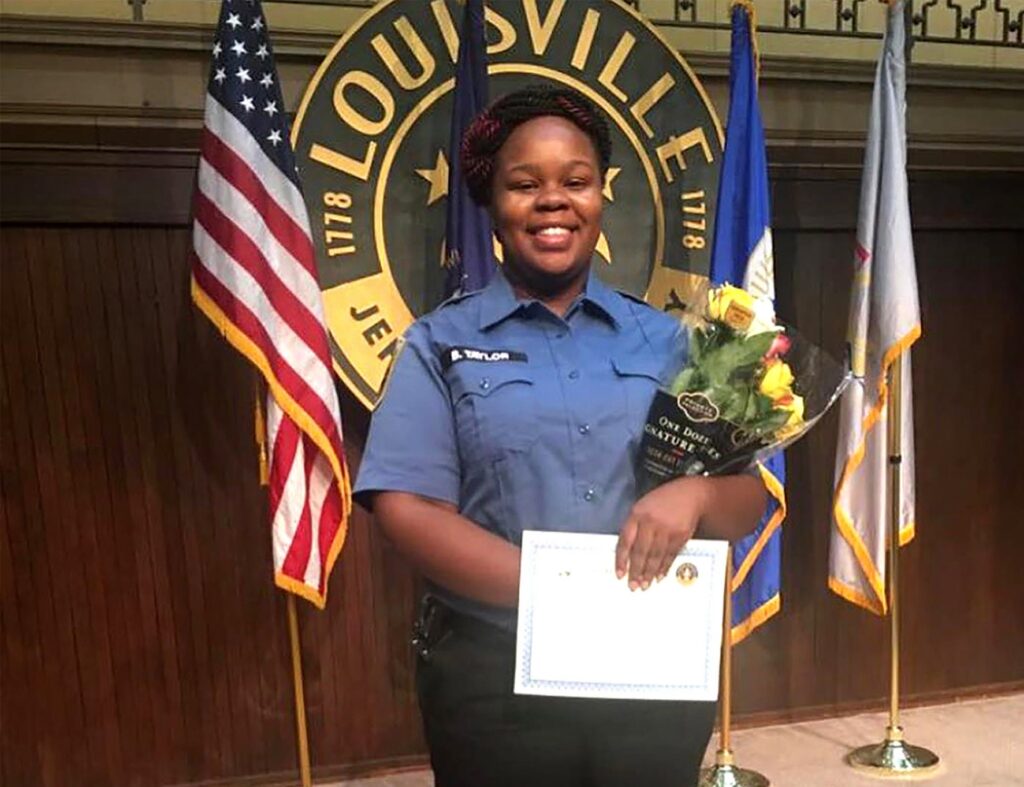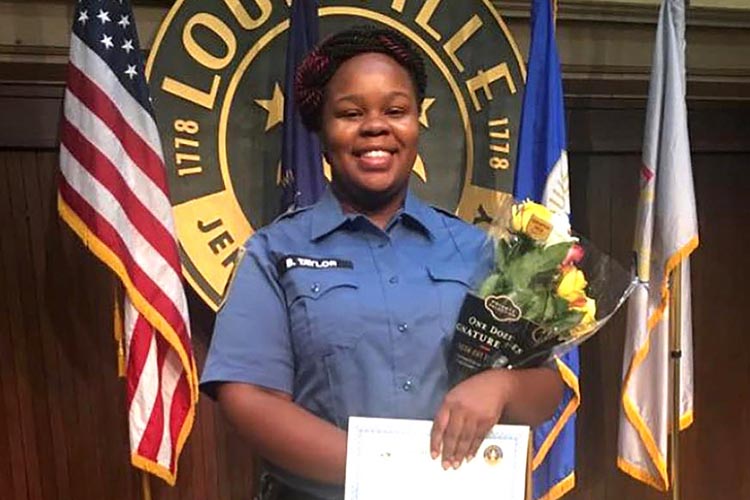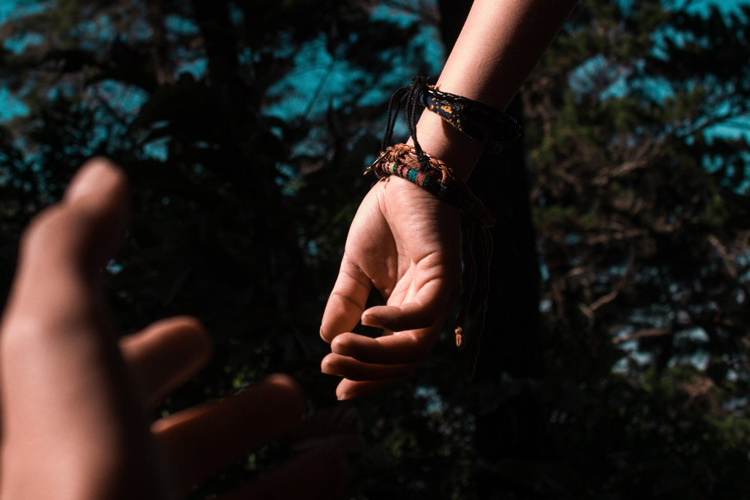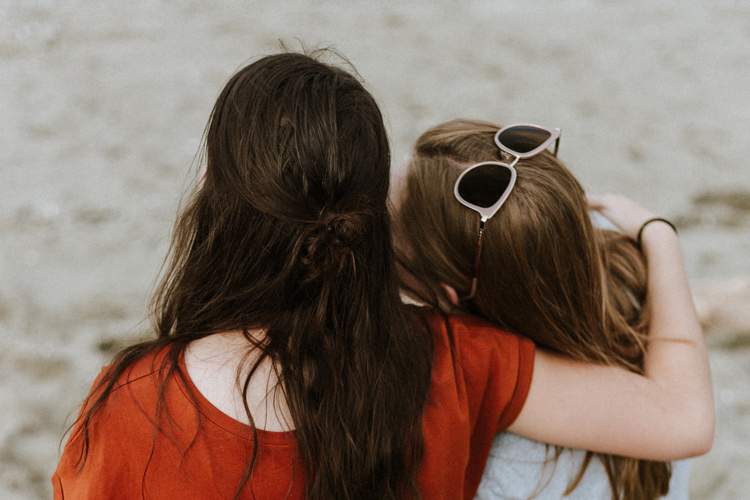Breonna Taylor & Violence Against Black Women in their Homes
RAFT Team, September 28, 2020
Today, I woke up with Breonna Taylor on my mind. As I laid in bed, I surveyed my ground-level window and imagined intruders entering through it unannounced. I also came up with an exit plan to use if violence ever entered into my home. It was a futile plan—one where I would try diving to the floor faster than a bullet—but it was the best I could do to comfort myself.
Because you see, no one can prepare for rapid gunfire. In their home. In the night. In their sleep.
I find the nature of Breonna's death deeply upsetting because it brings to mind the millions of Black women who don’t feel safe in their own home already. Black women disproportionately experience domestic violence every day. They don't need the added worry of police violence in their own homes.
According to the National Domestic Violence Hotline, 4 in 5 victims of intimate partner violence are women and Black women experience half of all forms of intimate partner violence.
Additionally, Black women are least likely to receive justice for the violence they experience. According to the National Coalition Against Domestic Violence (NCADV), “Law enforcement officials often arrest Black survivors, and police, jurors, and judges are less likely to believe Black survivors than White survivors.” And yet, an alarming statistic reveals that “an estimated 51.3% of black adult female homicides are related to intimate partner violence”.
A similar injustice was observed in Breonna's case. The "justice" she received came only after months of public pressure and it favored the lives and properties of her neighbors.
I’m not listing statistics to discourage you. Rather, I’d like to encourage the advocate who may be thinking, what do I do?
First, and I am sure you already are, be outraged. It is a legitimate and appropriate feeling. Second, take care of yourself and we are here to help you do that. And third, keep doing the work. The truth is you are already doing your part every time a survivor is heard and given the resources to navigate domestic violence. We, at RAFT, thank you.
If you are compelled to do more for Breonna Taylor, you can find several ways to take action here, here, and here.
It is sadly too late to change the life of Breonna Taylor, who had started a life-changing journey prior to her untimely death, but I hope you can breathe easier knowing that it is not too late to change someone else’s story.

Citations:
- NCADV Statistics on Guns & Domestic Violence: https://assets.speakcdn.com/assets/2497/guns_and_dv0.pdf
- NCADV Statistics on Domestic Violence & the Black Community: https://assets.speakcdn.com/assets/2497/dv_in_the_black_community.pdf
- National Domestic Violence Hotline: Get the Facts & Figures: https://www.thehotline.org/resources/statistics/






